2019 Legislative Wrap Up

The 2019 legislative session was not the most productive MADD has experienced in its 35 year history but often ideas need several sessions to be discussed and refined before a new law gets adopted. Here’s the situation with issues that MADD was monitoring during the 2019 legislative season…
Legalization of marijuana – Held; Decriminalization of marijuana – passed
MADD has no position on any bills relating to marijuana legalization or decriminalization. However, we presented several facts and statistics limited to marijuana and driving. Although bills to legalize marijuana did not pass in this session, a bill to decriminalize possession of small amounts of marijuana passed after being amended. It awaits the Governor’s signature.
Definition of “drugs” – Deferred to the next session
A broader definition is important for law enforcement to be able to arrest impaired drivers who may be under the influence of an intoxicant not listed in the “schedules” which currently define the word “drug”. New substances which intoxicate are being synthesized and imported regularly. Once again, the legislative committees grappled with the definition without coming to agreement. It will be brought up again in 2020.
Ignition Interlock measures – Deferred to the next session
Two bills to strengthen Ignition Interlock procedures continue to be studied and will be retrieved for consideration in the 2020 session.
Addition of one or two judgeships in 1st and 2nd circuits – Held
Honolulu courts are very congested which slows down the adjudication of impaired driving cases as well as other types of petty misdemeanor cases. An additional judge may have helped to unclog the court calendars. However, the legislature did not agree to add any judges at this time.
Photo Red Light Imaging – A “starter” bill passed
The bill that passed will start to establish a red-light camera program for Hawaii with each County handling its own situation. The bill creates a state-wide committee to study the problem and determine the best ways to implement a camera program. However, no funds were allocated to support meetings of the committee.
Vision Zero – Passed
This measure requires our Department of Transportation to implement a “vision zero” program here in Hawaii by July 1, 2020. The program’s goal is no traffic fatalities or serious injuries by 2030. A very tall order! However, this is a national and even international program with a serious goal of reducing the highway death toll. A committee or other group will be authorized to carry out the plans in Hawaii.
Ban on alcohol sales for OVUII offenders and increasing existing sanctions – Passed in part
An “omnibus bill” (HB703), introduced by Chairman of the House Judiciary Committee, called for banning liquor establishments (retail outlets or bars and restaurants) from selling alcohol for three years to anyone who has been arrested for OVUII. After much discussion, this part of the bill did not pass. However other parts of the measure passed: to raise fines and make a third OVUII a class C felony (habitual offender) instead of the present law making a fourth offense a felony.
Victim-related issues as part of Bail and Prison reform bills – helped amend
This year there were many bills relating to prison and bail reform after a special Task Force on the subject produced a lengthy report outlining needed changes. Unfortunately, no victims or victim service agencies served on the task force. Consequently, a number of the bills submitted to the legislature contained segments that were troubling to victim’s groups. MADD worked with the leadership of the Crime Victim Compensation Commission to testify about sections of the bills that could impact current or future victims of crime, including victims of impaired driving and negligent homicide. A number of amendments to protect victims were accepted. The bills that passed await the Governor’s signature.
